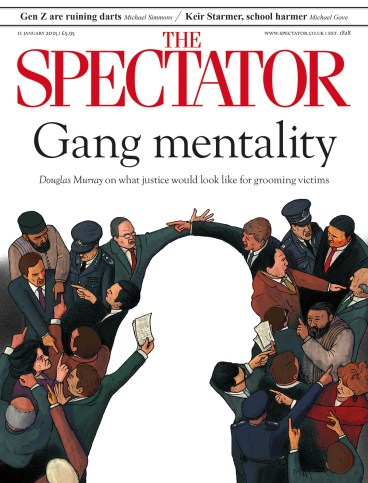
The Education Secretary Bridget Phillipson wants schools to teach oracy, i.e. the ability to present orally a clear and cogent argument on a topic. Presumably the purpose is to teach ‘communication skills’, a vacuous term, well-suited to the modern world, with no interest at all in what it actually is that is being communicated. The ancient Greeks, with their passion for democracy and keen to settle arguments with words rather than fists (even the Homeric heroes understood that), took a far more rigorous approach.
For the philosopher Plato (d. 348 bc), the absolutely central question was: in arguing your case, do you know what truth and falsehood, good and evil are, and which side you are on? Plato’s views on this matter were highly theoretical, complex and very dogmatic, though he could bring abstract argument down to earth when he chose.
For example, he said: suppose someone argued that horses, superb at repelling enemy attacks, were animals with the longest ears and so persuaded people to buy a herd of donkeys to ride into battle, what sort of harvest would that rhetoric reap?
Plato’s rival Isocrates (d. 338 bc) utterly dismissed that style of argument, which he saw as little more than intricate verbal quibbling for the sake of it. What counted for him was not abstract truth, but practical answers to practical problems, based upon what was ‘probably’ the case. Usefulness and expediency, drawn from hard experience of the real world, were the keys to success. So he urged Greeks to ‘bear in mind that likely conjecture about useful things is far preferable to exact knowledge of the useless, and that to be a little superior in important things is of greater worth than to be pre-eminent in trivial things with little real value’.









Comments
Join the debate for just £1 a month
Be part of the conversation with other Spectator readers by getting your first three months for £3.
UNLOCK ACCESS Just £1 a monthAlready a subscriber? Log in